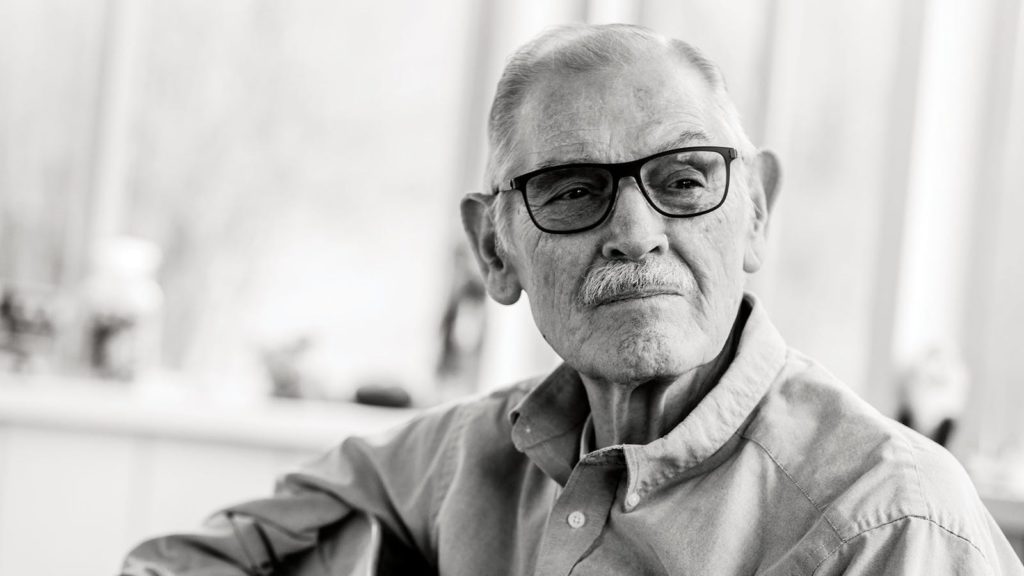
Bill Malone
The Singing Historian
Long before digital technology entered the university classroom — glowing, beeping and making it easy to watch Power Point presentations and YouTube videos — Southern historian Bill Malone brought an acoustic guitar to his lectures. He played many of the songs he talked about and sang them simply, in an earnest tenor. Gospel songs, Carter Family songs, Hank Williams songs. The songs were the thing, and they shone a light into the past. They made the people who once listened to them seem as if they were sitting among the students.
Malone still brings a guitar to lectures, or borrows one. No wonder he’s the nation’s pre-eminent scholar on country music. The power of the music transports him and anyone listening to exactly the era where they need to be. No pixels, holograms or magic tricks — just words and melody that nourish the mind and fill the soul.
Southern Life
Malone, who says he began listening to the radio at the age of 5, is now 85 and talks about Southern history with the immediacy of someone who has lived it. The son of tenant farmers who raised cotton in East Texas before moving permanently into the city, he was a child during the last half of the Great Depression. For a year’s labor driving cotton, he says the family would earn about $50, sharing half their bales with the land owner.
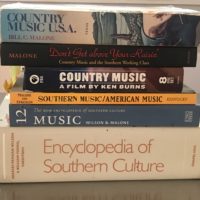
Their life in the 20th century mirrored life for millions of Americans in the 19th century and, to some extent, the 18th century, as well. Coal oil lamps, a mule and wagon for transportation, chickens and a pig each year, a vegetable garden and fruit only at Christmastime. The biggest exception, of course, was their battery-powered radio. It brought news of the world and, most importantly, a universe of singers, pickers, and personalities who were as familiar as they were different.
Turn Your Radio On
“My mother listened to soap operas during the day and in the evening we would listen to adventures, like the Lone Ranger,” Malone said recently at Oak Street Studios in New Orleans. “But at night it was musical variety, like Jack Benny. But what was really special to me is what I call the ‘radio hillbillies.’ Those were the country musicians that we could hear out of Dallas and Fort Worth, Shreveport, (and) Tulsa, Oklahoma — and there was a radio station in Tyler, too, that we could listen to. I would just embrace that music.”
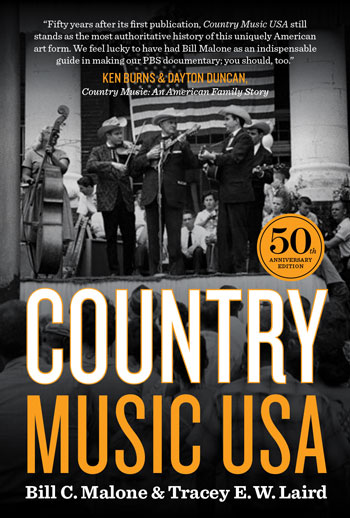
The Malones also sang at home, most especially Bill’s mother, Maude, who sang parlor songs, gospel and the first country music he ever heard. Malone credits her with putting him on the path to learning and writing about country music. He was the first scholar to tackle the subject in the 1968 book, Country Music USA, which has never been out of print. Malone’s subsequent books and other scholarly writing reflect an almost encyclopedic grasp of all songs country, their antecedents, and their influence around the world.
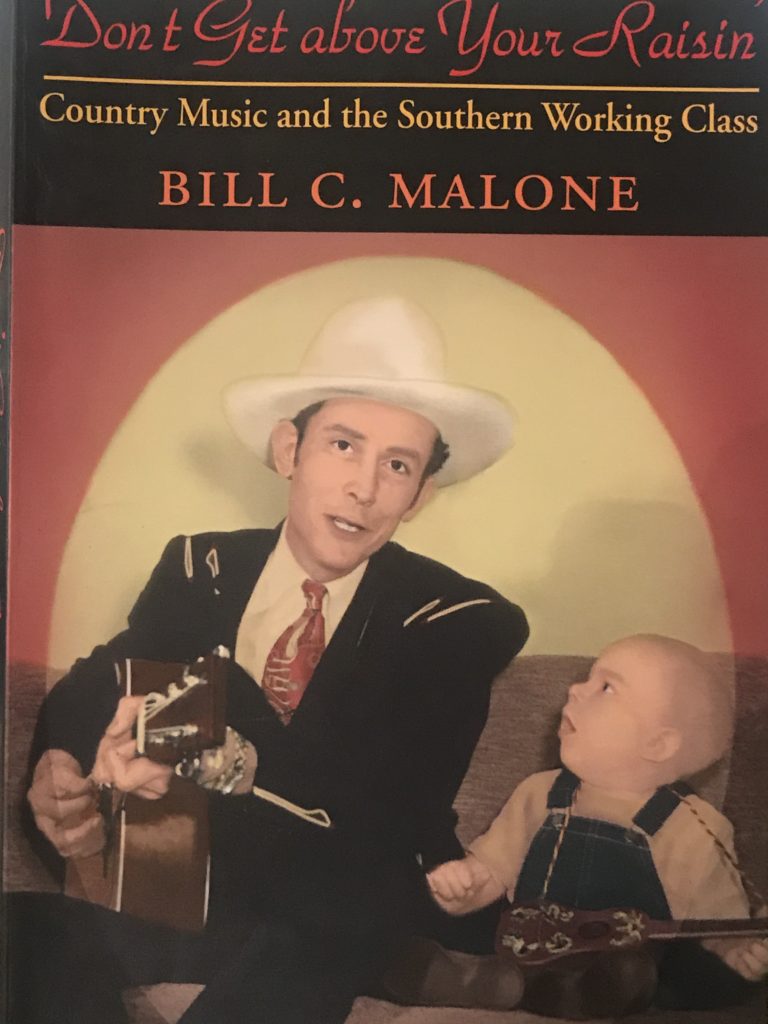
“I would have given up tenure for one night (singing) at the Grand ‘Ole Opry,” Malone wrote in his 2002 book Don’t Get above Your Raisin’. And yet, for students of history, country music fans and the documentary-maker Ken Burns, Malone’s contributions to country are irreplaceable.
Turn Your Television On
Malone is the sole historian who appears in Burns’ Country Music series on PBS. He and the series are at their best when describing the connection between the music and the working class people who depended on it to tell their story. Americans in the 20th century, and Southerners most particularly, faced extraordinary changes. As an agrarian economy gave way to urban life, black and white Southerners moved by the millions into cities nationwide, abandoning the farm to face the unknown. Even if they found better economic circumstances, the shift was traumatic, which may be why so many popular songs throughout the century are about memories of home, real or imagined.
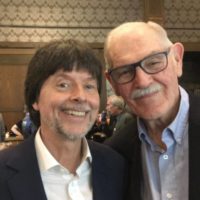
Photo via Bill Malone/Facebook
In Don’t Get above Your Raisin’, Malone writes that country music deals with “the day-to-day problems encountered by average people as they deal with each other, and an often indifferent world.”
“There’s a category of American music called ‘protest music,’ Woody Guthrie being one example of it and I guess Bruce Springsteen to a certain extent,” Malone told Gwen. “That is protest with a capital ‘P.’ Protesting the war in Vietnam or in favor of labor rights. There hasn’t been all that much of that kind of protest in country music … But on the other hand, there is that day-to-day protest that goes on. Protest about what I’m being paid and about a war that is taking me from my family and loved ones or taking my loved ones away from us. Or just about getting a job and holding onto it. ‘If we make it through December, we’ll be fine.’ And about holding onto the love of that woman who once meant the world to me, who once thought the world of me, but now she’s indifferent.”
The Undiscovered Country
The widespread popularity of the PBS country music series may be traced to viewers who can relate their own family histories to the songs, songwriters and performers featured in the eight episodes. Or, perhaps, as Malone says, many viewers may have understood for the first time that their favorite singers are country musicians. “Particularly people maybe in their 50s or 60s on, they see people they didn’t know were country,” Malone said. “‘Kris Kristofferson? Roger Miller? Glen Campbell? You mean they’re country? I always liked them.’ There they are and there is their stories.”
For Malone, his favorite country singers will always be the ones from home. “I wish to dedicate this book to the memory of my mother and father, Maude and Cleburne Malone, and to my wife Bobbie,” he writes in the 1985 re-issue of Country Music USA. “My parents bequeathed to me the culture of which country music is part, as well as a special love and respect for that music’s primacy in their lives … In the words of the Ricky Skaggs song, ‘I wouldn’t change a thing.’”
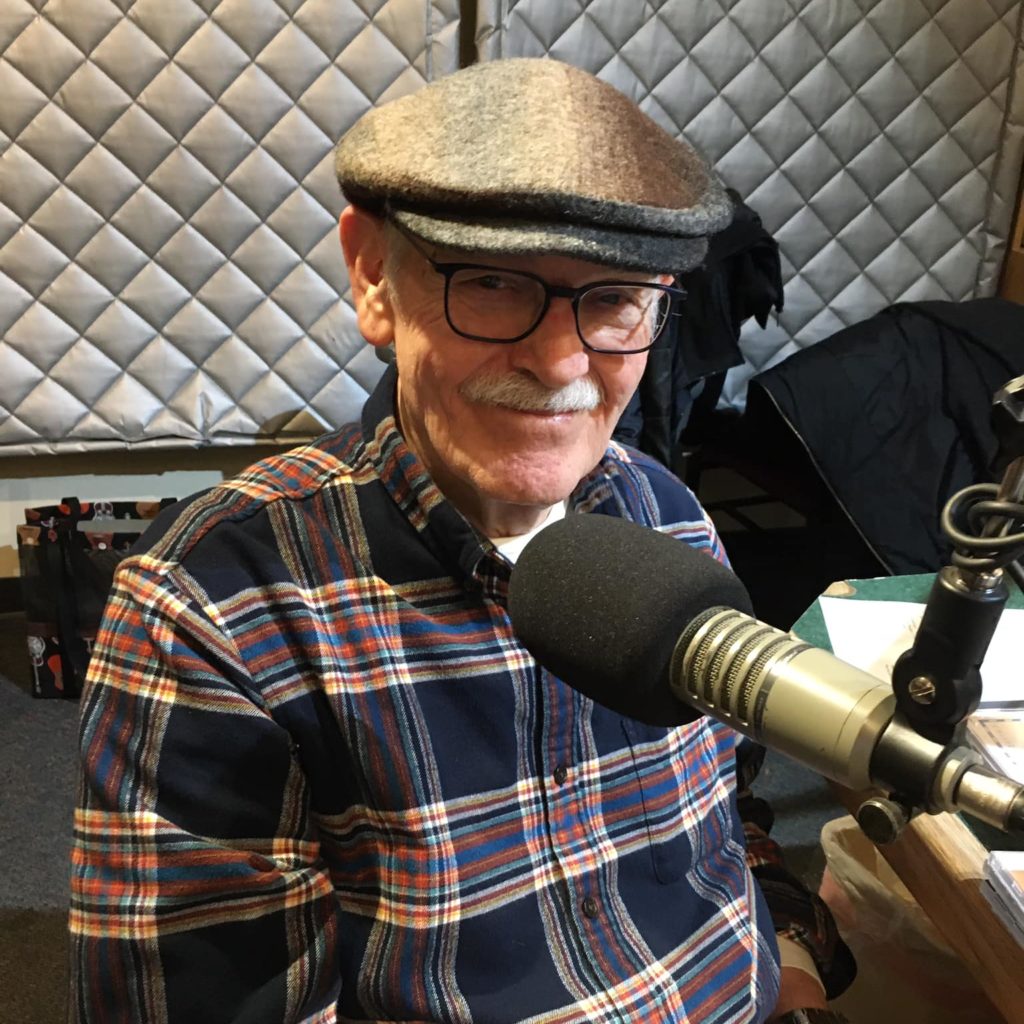
One of the great events in our life was the day Daddy brought a battery-powered Philco radio into the house. That really opened up a new world for us.
So I grew up thinkin’ … it was a world that was not closed to me. I felt, “well, you know, if I learn a few chords on the guitar, if I really try hard, maybe I can sing on the radio some day too.
Bill Malone
Bill Malone’s Listening Pleasures
So what does a man who’s devoted himself to country music for the past 80 years listen to for fun? Bill Malone is also host of “Back to the Country,” a public radio program from WORT-FM Madison, Wisconsin:
BM: I still like the older stuff. That is what I play mostly. I figure there is a real place for that. I want there to be some place in the country where you can still hear the music. Jimmie Rogers and the Carter Family and Uncle Dave Macon. I go that far back. But among the current people I tend to like those with some distinctiveness and who seem to have a sense of rootedness who can build viable forms upon the older foundations. Tim O’Brien is one. My wife and I are writing his biography right now.
GT: Are you serious? That is wonderful.
BM: You mentioned Iris DeMent.
GT: Right!
BM: But Jimmy Dale Gilmore and Steve Earle, Lucinda Williams. Currently, I think the one I like best is Jason Isbell.
GT: Oh he’s wonderful.
BM: Really good sensitive song writer.
Playlist
Every week, we provide a playlist of the music on the program. Please support your local musicians and record stores.
Bill Malone’s Annotated List of Preferred Artists
He chose the people. We chose the songs.
